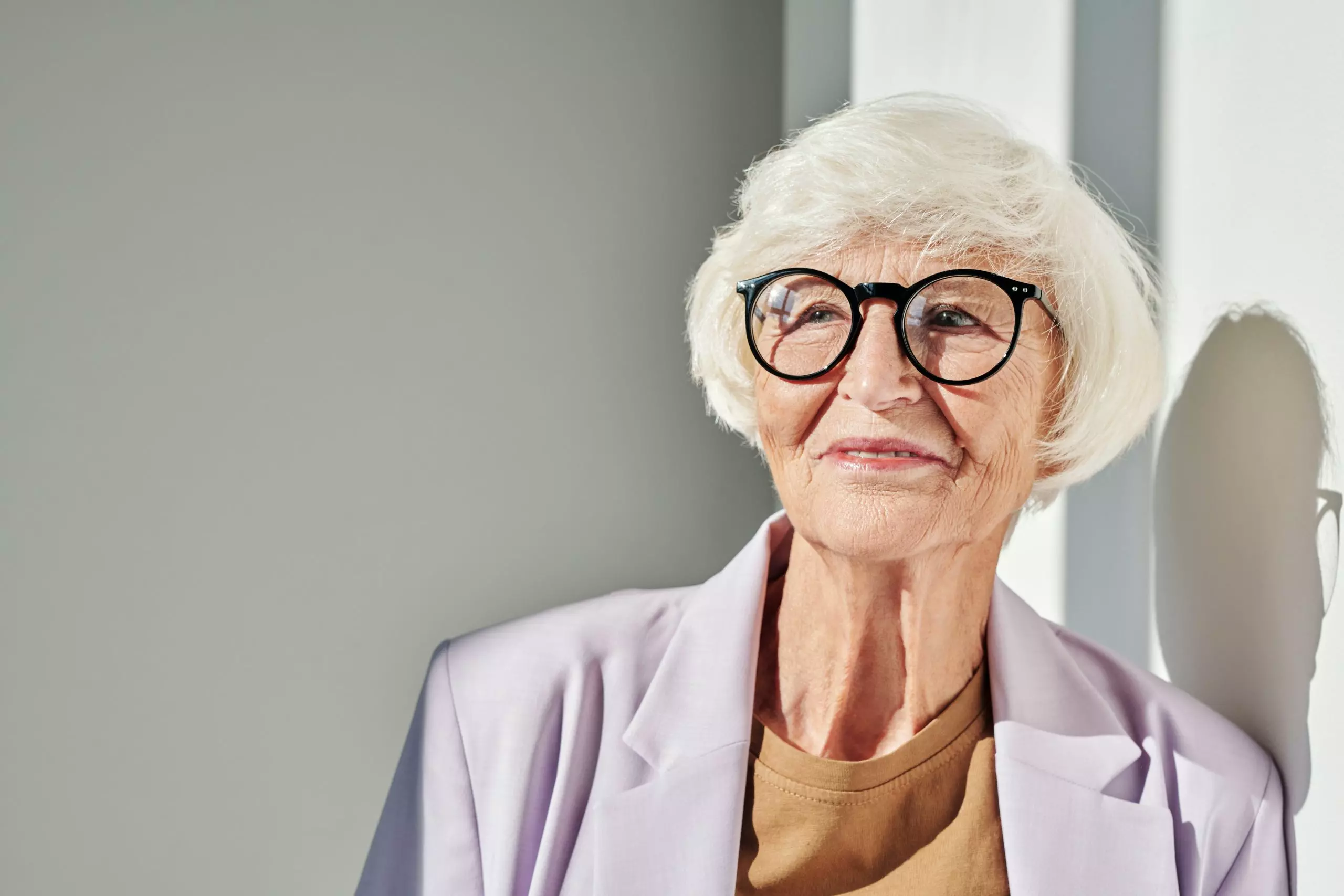Old Age Eye Problems: Our Top 5 Recommended Tips For You To Follow
2022-08-14 | By Orcam Staff

Old age eye problems are very common. These eye conditions can vary in their symptoms and in the level of their effect on your life. The minor problems may only require new prescription glasses or eye drops. On the other hand, advanced problems will require using more advanced solutions such as medication or even assistive technology.
In old age, your vision, hearing, and mobility may not be the same as when you were younger. This will require a new way of living with these conditions and using the available solutions which are out there. In this day and age, thanks to advanced technology, available products, and medical solutions, life is easier for people experiencing difficulties caused by aging. Follow these tips to take better care of your eyes:
1. Nutrition for Healthy Eyes

The eyes, just like any other part of the body require specific vitamins and minerals for better health. WebMD provides a shortlist of foods to add to your diet in order to make your eyes healthier and to slow the effects of old age eye problems. It is important to remember that you may also be experiencing food sensitivity at an old age. Foods that you are sensitive to may appear on this list or any other list of healthy foods for your eyes. Therefore, even if foods are good for your eyes, you should avoid them if you are sensitive to them.
2. Exercise Your Eyes
Watching movies and TV shows can be harmful to your vision. Sometimes these activities are increased due to retirement and a lower level of mobility during old age. We know exercise is good for our muscles so why not try and exercise your eyes to improve your natural ability to see? Exercise techniques can be found in abundance as their popularity has been growing in recent years. You can find them online, in books, and even at some eye clinics.
If you do decide to exercise your eyes, you should not expect immediate results after a few days or even weeks. There are different eye exercises being used to improve natural vision for people of all age groups.
3. Eye Glasses

The availability and low pricing of glasses have played a major role in more and more people wearing glasses for daily use. Many people these days develop the need for eyeglasses from constant reading and interacting with digital devices on a regular basis. You can even choose from a wide range of glasses made especially for old age eye problems. Verywell Health provides a fashion guide for choosing glasses above the age of 50. You should choose a pair that you feel comfortable and fashionable with and that also fills your eye doctor’s requirement.
4. See an Old Age Eye Specialist

Researching on your own can usually only give you a general understanding of old-age eye problems. Furthermore, your research and understanding can’t replace the insights or knowledge of a certified medical optometrist. Similarly, there are eye diseases and treatments you may have only recently heard of and are now considering. This is the professional area of expertise of eye care specialists. Chances are they have seen dozens, hundreds, and sometimes even thousands of cases and will know exactly how to treat you. If you agree, we encourage you to search “eye exam near me” as we speak.
5. Devices and Visual Aids

Advanced stages of eye disorders and diseases such as Glaucoma, Macular Degeneration, Cataracts, and more, may require the assistance of visual aids and devices. OrCam MyEye 2 is one of the most feature-rich assistive devices in the market and can help you to recognize faces, colors, products, money notes, and objects besides being able to read texts from any surface.
Now you can read your favorite books, take a walk and recognize all the street signs independently. Go shopping and pick out your groceries confidently and even work your own! And you don’t even have to have an internet connection to use it.



